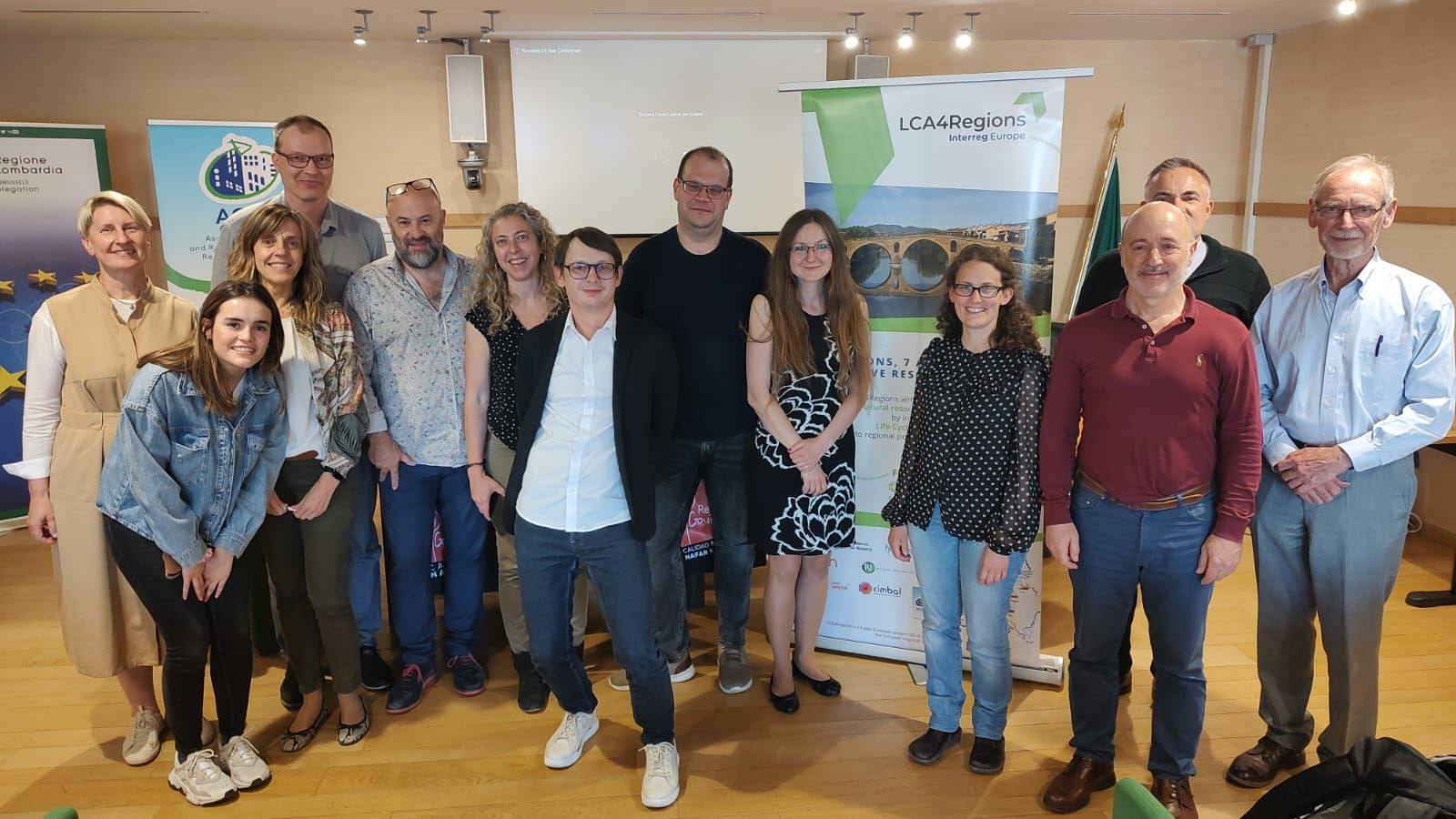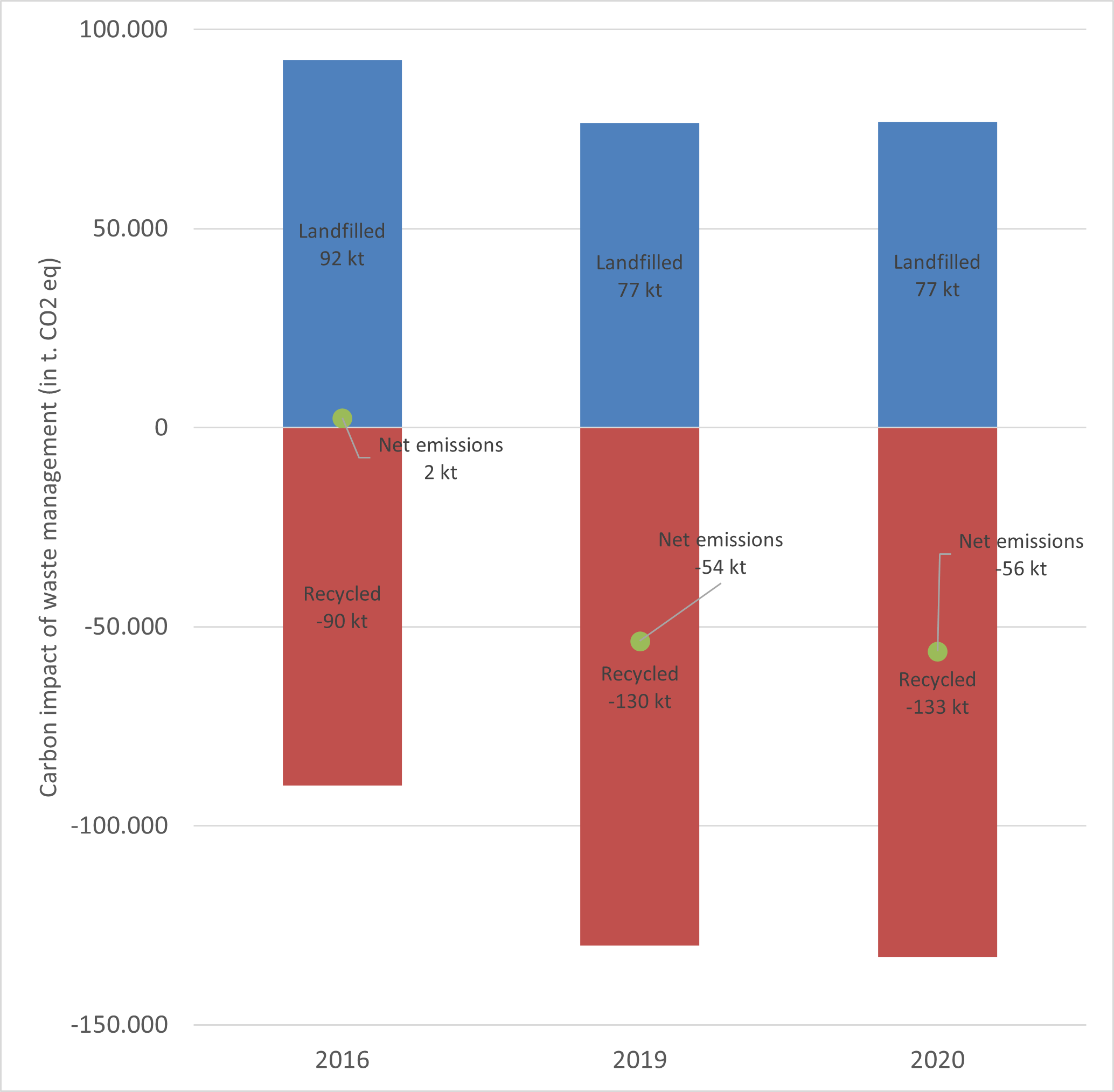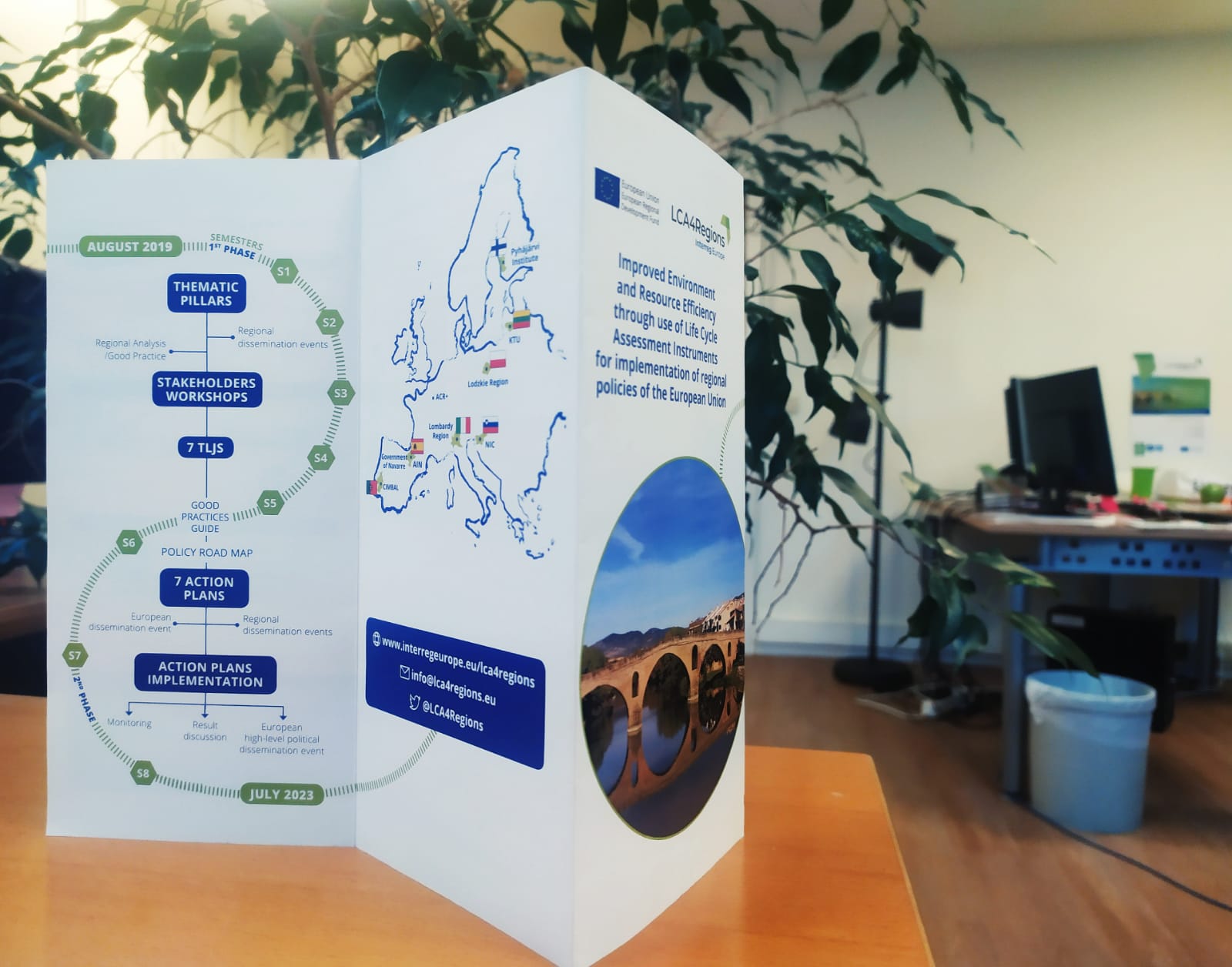The European Commission proposed to modernise EU legislation on batteries, delivering its first initiative among the actions announced in the new Circular Economy Action Plan. Batteries that are more sustainable throughout their life cycle are key for the goals of the European Green Deal and contribute to the zero pollution ambition set in it. They promote competitive sustainability and are necessary for green transport, clean energy and to achieve climate neutrality by 2050. The proposal addresses the social, economic and environmental issues related to all types of batteries.
Batteries placed on the EU market should become sustainable, high-performing and safe all along their entire life cycle. This means batteries that are produced with the lowest possible environmental impact, using materials obtained in full respect of human rights as well as social and ecological standards. Batteries have to be long-lasting and safe, and at the end of their life, they should be repurposed, remanufactured or recycled, feeding valuable materials back into the economy.
With this proposal, the Commission also aims to boost the circular economy of the battery value chains and promote more efficient use of resources with the aim of minimising the environmental impact of batteries. From 1 July 2024, only rechargeable industrial and electric vehicles batteries for which a carbon footprint declaration has been established, can be placed on the market.
The use of new IT technologies, notably the Battery Passport and interlinked data space will be key for safe data sharing, increasing transparency of the battery market and the traceability of large batteries throughout their life cycle. It will enable manufacturers to develop innovative products and services as part of the twin green and digital transition.
With its new battery sustainability standards, the Commission will also promote globally the green transition and establish a blueprint for further initiatives under its sustainable product policy.
Source and additional details: https://ec.europa.eu/commission/presscorner/detail/en/IP_20_2312










